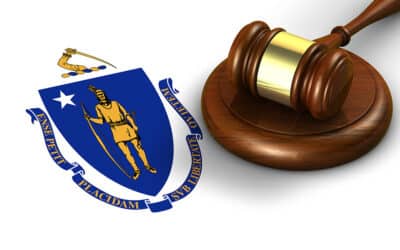Massachusetts has taken significant strides in promoting healthier living environments by implementing measures to limit smoking in various settings, with a particular focus on smoke-free housing. Smoke-free housing policies offer numerous benefits for both residents and landlords. For residents, these policies provide a smoke-free living environment, reducing their exposure to secondhand smoke and the associated health risks.
Smoking in the home is also a leading cause of residential fires, so smoke-free housing policies help lessen one of the biggest risks of fires, mitigating the risk of property damage and protecting the safety of all residents. For landlords, management and maintenance expenses such as cleaning and repair are much higher when a tenant has been smoking inside an apartment. Surveys done on the economic benefits of smoke-free housing show that turnover costs for units that have been smoked in can be several thousand dollars higher, on average, than turnover for non-smoking units.
Landlords often want to know how to prohibit a tenant from smoking at the property. The landlord can have the tenant sign a no-smoking addendum to the lease or rental agreement, prohibiting the tenant and guests from smoking anywhere on the landlord’s property. Smoke-free housing should include areas around doors, entrances, porches, balconies, and windows, to keep smoke from getting inside. It is not discrimination to require all tenants to have non-smoking clause as part of their lease. Smokers are not a protected legal class and smoking is not a right.
If the tenant violates lease by smoking, the landlord can terminate the tenancy following a notice to quit. If smoking is becoming a problem for other residents, a landlord may seek possession of the property based on the fact that the tenant’s excessive smoking within the unit is adversely affecting the quiet enjoyment of other residents of the building; even if the person smoking has not agreed to a no-smoking clause. Possession may not always be awarded, however the judge can issue an order for the tenant to refrain from smoking in or around the building. If non-smoking residents start to complain about smoking, it may be advisable for the landlord to terminate the smoker’s tenancy, particularly where the non-smokers allege that the smoke is creating a nuisance. A landlord may potentially be liable for breach of the covenant of quiet enjoyment and a breach of the implied warranty of habitability by not addressing smoking that is impacting others in the building.
If you have questions or would like to discuss these matters, please contact Drayton Law at 508-618-7270.
This blog is for informational purposes only. It should not be considered legal advice. All those who read this blog should seek the advice of a professional before taking action based upon any information provided herein.








